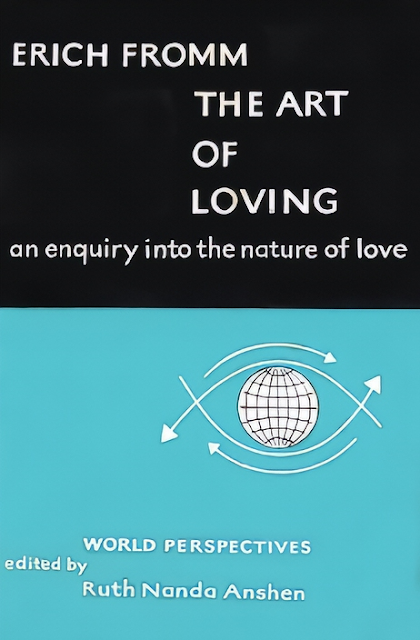Comparing Erich Fromm to
Immanuel Kant and Emmanuel Levinas
Immanuel Kant and Emmanuel Levinas
Philosophy & Ethics
Written by DJ Hadoken Exlamparaaghis
In this post we will compare Erich Fromm’s views of love, specifically from his “The Theory of Love” essay (which can be found in chapter 2 of his 1956 book The Art of Loving), against Immanuel Kant’s and Emmanuel Levinas’ views.
Immanuel Kant
Erich Fromm’s essay echoes some of Immanuel Kant’s views, though, where Kant places importance upon moral duties and the categorical imperative, Fromm is clearly focused upon the individual’s discovery of love as the greatest good.
Where the two converge is on the idea of respect for ones fellow man. Kant’s deontology calls for the treatment of every person as an end in themselves. Fromm agrees with this view, and includes respect as one of his four criteria required for mature love (the other three being care, responsibility and knowledge).
Fromm defines respect in a relationship as “the concern that the other person should grow and unfold as he is”. However, Fromm and Kant once again depart at this point, as it is unclear as to how far Fromm believes the rule of respect must be applied beyond the realm of mature love.
With the question of racism and sexism aside, one can see Kant’s theories as applicable to every person in general. For Fromm, love is the sole meaning of existence. The desire for “interpersonal fusion is the most powerful striving in man”.
Emmanuel Levinas
Emmanuel Levinas stresses the importance of our relationship to the Other. For Levinas, the Other is more important than ourselves. For Fromm, the individual who has recognized this Other’s importance would be one step closer to finding mature love, because “love is the active concern for the life and the growth of that which we love”.
Both Levinas and Fromm establish different, but fundamentally equal masculine and feminine characteristics. Both acknowledge that masculine and feminine characteristics could be present in either gender. Levinas attributes discretion to femininity and self-assertion to masculinity. Fromm attributes realism to femininity and adventurousness to masculinity (among other qualities).
Both Levinas and Fromm acknowledge the importance of giving selflessly.
Levinas says, as Nina Rosenstand quotes, “Faith is not a question of the existence or non-existence of God. It is believing that love without reward is valuable”.
Fromm further elaborates, stating that the act of giving “is in itself exquisite joy”. He explains that if a person gives selflessly, then, naturally, the person they are giving to will be inclined to reciprocate.
Works Cited
Fromm, Erich. The Art of Loving. Harper & Brothers, 1956.
Rosenstand, Nina. The Moral of the Story: An Introduction to Ethics. McGraw-Hill, 2005.
advertisement
-
-
=^..^= =^..^= =^..^= =^..^= =^..^=
Blog
YouTube
Website
Buy Me a Coffee
.oOo.oOo.oOo.oOo.oOo.oOo.oOo.oOo.
